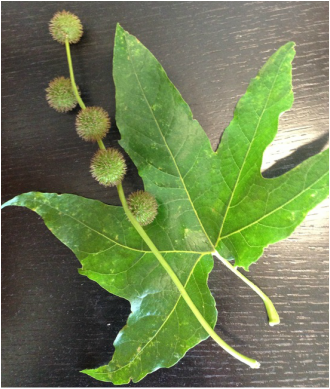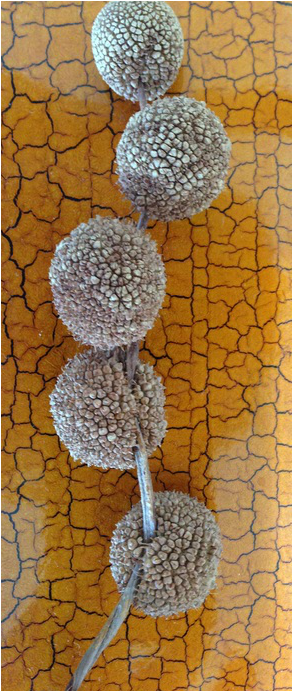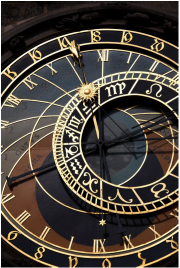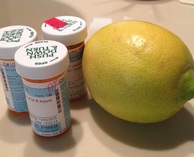
This week Mark completed cycle 3 of his chemotherapy regimen. Now, much to our delight, he has two full weeks off! Heaven! We headed to the desert to soak up some sun, away from hospital beds and needles and chemical drips.
After the next cycle, in about a month, Mark will have another CAT scan, and we’ll see what’s happening to the cancer tumors.
Our first results, a few weeks ago, showed that the chemotherapy is shrinking the tumors. Cancer cells, however, are nasty little beasties, and after a period of time, they often mutate to resist the chemotherapy. Then it doesn’t work any more. If that happens, we will move to the yet-to-be-determined plan B, which could be a switch to a different chemical cocktail.
Right now, we’re working hard to cope with the symptoms Mark is experiencing, more from the effects of the chemotherapy than from the cancer itself. Chemotherapy targets cancer cells, but it also kills the body’s other fast-growing cells, suppressing hair and skin growth. The chemicals cause extreme fatigue and nausea. Our medicine cabinet is filled with rows of pill bottles, lined up like a battalion of soldiers, for combatting nausea, constipation, diarrhea, pain, fatigue, lack of appetite, and water retention. Sometimes, for good measure, we get sent home from the clinic with syringes of medication which Mark self-injects into his abdomen to boost his white blood cell count.
Living in Cancer Land teaches you many lessons, most of them tough: the kick-to-the-stomach lesson that your life can be tipped over in an instant, and all your careful plans are out the window; the realization that there is nothing noble about suffering, but that the courage of terribly ill people to endure the hardships of disease and to persevere through pain and despair is astonishing, and both heartwarming and heartbreaking. Lessons about patience, patience, patience as we wait and wait for appointments and treatments. And I now understand that if there are angels among us, they manifest on earth as Cancer Land nurses.
Early on, during our first weeks in Cancer Land, I thought I was coping fairly well. I didn’t cry all the time, and I focused my energies to try to unscramble our lives from the confusion that followed Mark’s diagnosis. Then, on my way to buy groceries, I pulled my van out into a busy intersection and ran into the car stopped in front of me.
It was a very small accident but it felt like a crushing blow. I stopped breathing as I pulled into a nearby parking lot, dreading a confrontation with the driver, as the car I’d hit pulled in behind me. Yet another painful ordeal to come.
The other car was old and shabby. A bearded man in his early 30s emerged, frowning at me. I started babbling about how sorry I was, and how it was all my fault (as of course it was). He crouched down behind his car and ran his hand over his taillight, where my van had made impact. Well, he said, nothing but a cracked taillight.
He stood up and smiled at me. You can see, he said, that my car isn’t worth much. He told me that he would have to get the taillight fixed, though, because he delivered flowers for a living and sometimes he had to make the deliveries at night, and he didn’t want to get stopped for a non-functional taillight. But it shouldn’t cost much to get it fixed, he said. Maybe he could even do it himself.
I kept apologizing and offered to pay for the repair. He said that he didn’t know how much it would be, not very much, but he would call me and let me know.
He said, “This isn’t a big deal. Your day will get better.”
And then, he hugged me (He hugged me!) and got in his car and drove away.
The next week, he left a message on my phone, saying that he had learned that he could replace the taillight for about $35, so if I could manage it, he would like me to send him a check for $35.
He had no way of knowing that my husband had just been diagnosed with pancreatic cancer. He couldn’t know that I was going through the most challenging time in my life. He had every right to be abrupt and nasty about my mistake. He could have made an unreasonable demand for compensation. Instead, to a complete stranger who had just rear-ended his car, he was caring and understanding and…really nice. He was so darned nice.
We encounter strangers all the time who seem careless or thoughtless or clumsy. It’s so easy to be irritated and disdainful of them. If my car had been the one that had been hit, I think I would have probably faced the other driver with a cold and hard expression, at best annoyed and maybe even angry. So this was one of my first Cancer Land lessons: We see people all around us, blundering and stumbling, but we have no idea what they’re going through, what burdens they carry. In each encounter with a stranger, we can only see the first layer of so many layers. I know I may sound like Pollyanna, but this is a lesson I’m determined to take to heart. I’m going to try, really try, to be more understanding and tolerant. I guess that’s just a small way of playing it forward.



 RSS Feed
RSS Feed
